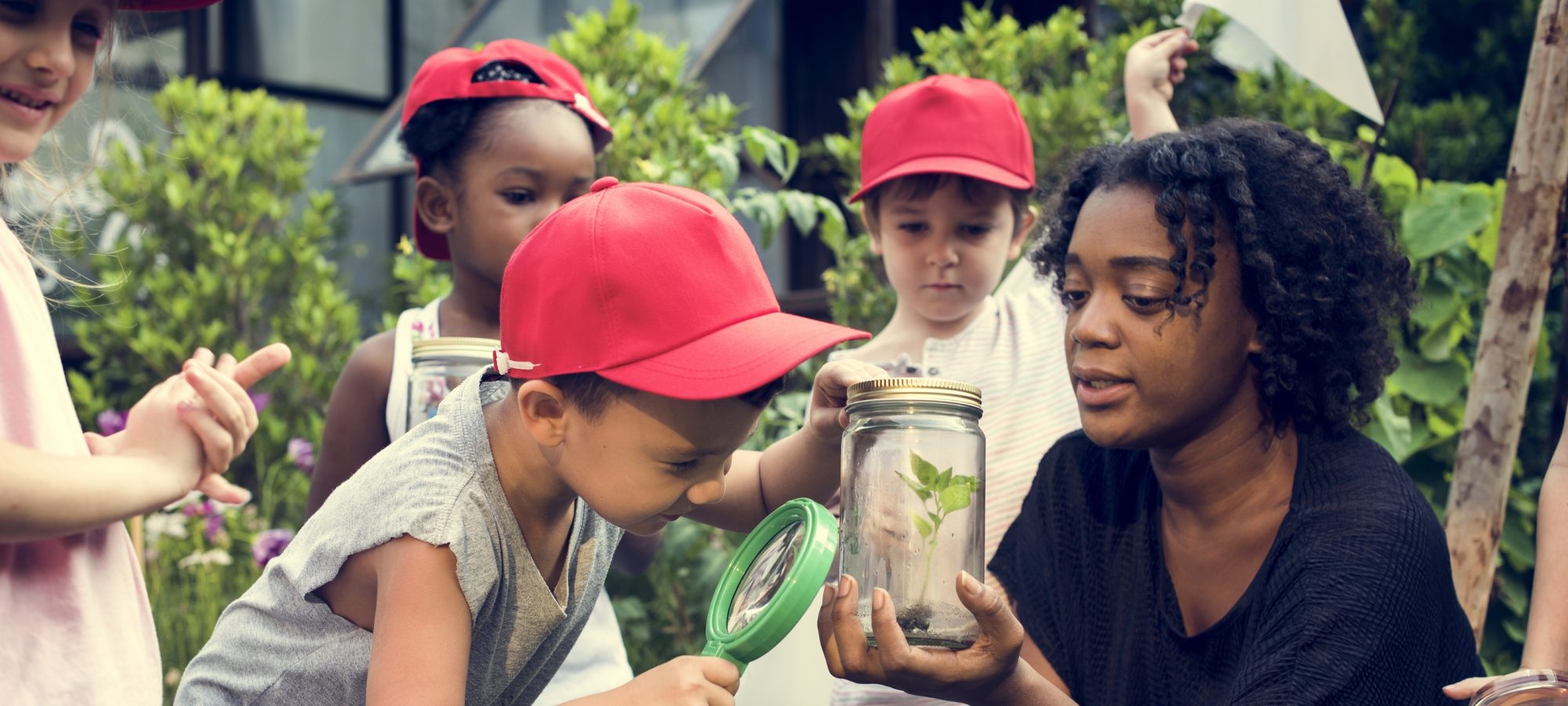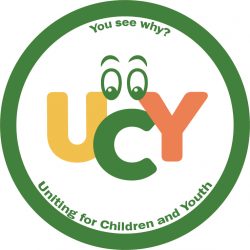Question 4 – Zone 9 Responses
Contents
The Question in brief
Responses from:
– Lyra Evans
– Rose LaBrèche
The Question in Brief
In your opinion, is equitable, inclusive education important? Why or why not?
Lyra Evans
I came out as trans while I was attending an OCDSB high school, and became homeless shortly thereafter. I’ve seen on a firsthand basis how much better the OCDSB should strive to be at equity and inclusion.
Since my high school days, I’ve demonstrated years of community activism on LGBTQ+ issues, with the most recent example being lobbying the provincial government to reinstate the 2015 sex ed curriculum.
I would wholeheartedly support additional measures to strengthen equity work at the OCDSB, including adopting an initiative similar to the DDSB’s Equity and Diversity Strategic Framework.
Such an initiative should include more data collection on students coming from marginalized backgrounds. We should be able to track the success rate of students from different groups, including those from various socioeconomic backgrounds.
Additionally, it’s crucial to have a modern sex ed curriculum including sexual orientation and gender identity and a completion of the TRC call to action to update the indigenous course content. Self-directed programs can also play an important role in promoting equity and inclusion. All students should be able to have the ability to shine, even if it requires a unique learning context.
Rose LaBrèche
I wholeheartedly believe that equitable, inclusive education is important. All children deserve the same access to school. I myself am biracial (East Indian and Franco-Ontarian parents) and have first-hand experience on the challenges faced by cultural minorities. We need to work together to create a better environment for students from all family backgrounds, regardless of ethnicity, socioeconomic status, or other characteristics to ensure we are seeing positive exit outcomes from OCDSB schools.
I have personally demonstrated a commitment to inclusive, equitable education namely through my work in sport. Physical education is an equally important piece for students to learn, and keep up with from an early age. I have worked with organizations such as Inner City rugby foundations and actively participate in events that promote inclusive sport for those with disabilities.
I am very much in favour of an initiative similar to DDSB’s Equity and Diversity Strategic Framework. Considering that a new Director of Education was recently hired who was intimately involved in diversity work at the DDSB, I would think that we can learn a lot in terms of best practices and lessons learned from her experience. We can build on her work and expertise to explore and target the creation of a similar strategic document. After having read the DDSB’s framework, there are many crucial elements to consider for success of the OCDSB’s comparable document, such as school-community partnerships.

